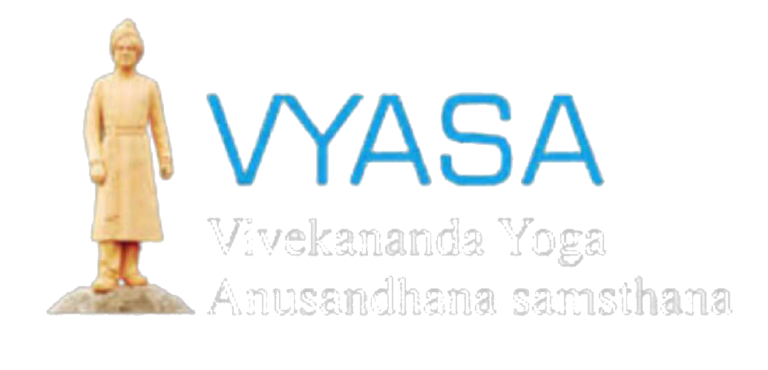Stress Management Through Yoga Therapy
Stress Management Through Yoga Therapy Stress is a common condition, a response to a physical threat or psychological distress. Stress is a feeling of emotional or physical tension. It can arrive at any time during a situation of frustration, anger and nervousness. Types of Stress: There are many types of Stress, classified on the basis of cause, duration etc. Eustress / Positive stress – Eustress is nothing but beneficial stress and it means good stressExample: Stress during exams, marriage, pregnancy etc Distress / Negative stress – Distress is a state of extreme sorrow, suffering or pain.Example: Stress during overwork, health issues, fears etc Management through Yoga Yoga is an ancient practice which keeps better the health of the mental and physical body. There are many practices of yoga which are used to manage stress. Yoga is a mind-body practice that combines physical poses, breathing practices, relaxation, pranayama and meditation. Many studies have found that everyday practice of yoga minimizes stress and increases productivity. It is believed that yoga is so effective for stress relief because the physical benefits that yoga brings, encourages a good mood, increases mindfulness and a healthy body. Some common effects of Yoga : Reduces stress and anxiety Provides calm state of mind Lowers blood pressure Lowers heart rate Reduces cortisol (stress hormone) Improves spiritual growth Reduces muscle tension and pain Enhance blood circulation Increases sense of well being Improves positive health of overall body and mind How does yoga helps in managing stress : Various practices of yoga will help in bringing balance between sympathetic and parasympathetic activity.Enhances body- mind awareness, boosts concentration and helps in focusing on work.Physical postures / asanas promote flexibility, relieve tension and alleviate pain and help in releasing mood-boosting hormones called endorphins. Article By :Dr. Anitha





